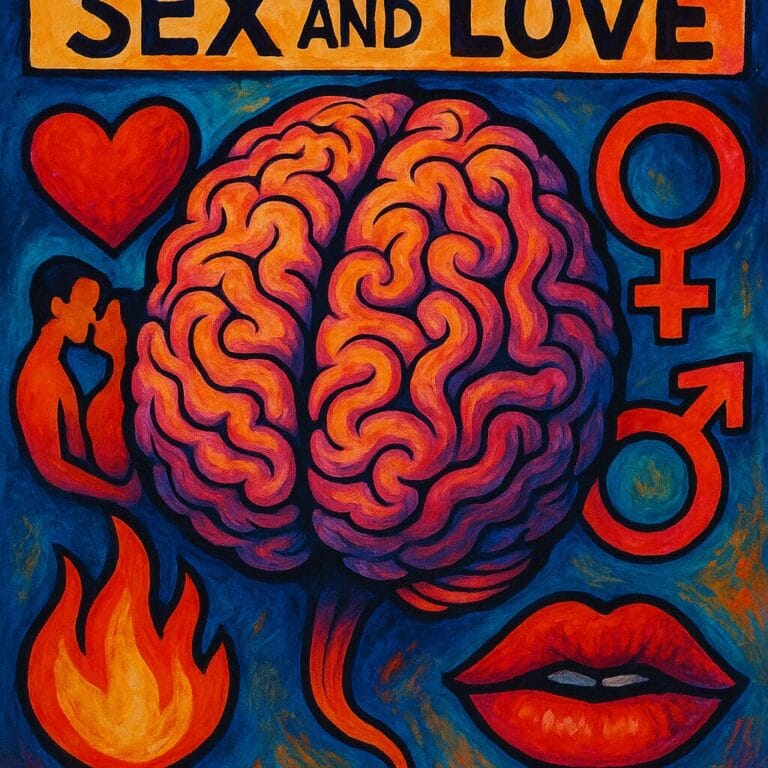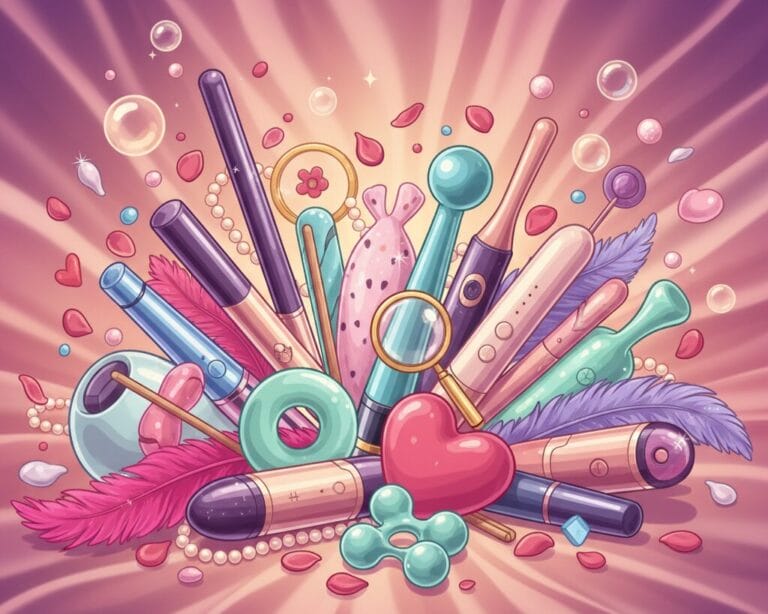
When A Collection of Unsolicited Dick Pics Becomes Art
Sexual Wellness, Art, and the Freedom to Explore: Whitney Bell’s Bold Statement
Technology has made it far too simple for women to receive unsolicited images, often referred to as “dick pics, despite the reality that most women do not welcome them. For many, these intrusions are more than annoying; they represent a constant reminder of how normalized harassment has become in digital culture.
Artist and activist Whitney Bell decided not to delete or dismiss these unwanted images. Instead, she transformed them into a cultural critique. Her groundbreaking installation, “I Didn’t Ask For This: A Lifetime of Dick Pics,” invited audiences to step into a recreated version of her home, only this home was wallpapered with nearly 200 unsolicited phallic images. The art juxtaposed the intimacy and comfort of private space with the intrusion of toxic masculinity, creating an environment where personal safety collided with public aggression.
“I want you to feel as if you’re in someone’s private safe space, like you’ve been welcomed in, but that even in this space you are unsafe. That even in this warm comfortable environment you’re still bombarded by male dominance and aggression. That there is no escaping the patriarchy.” — Whitney Bell
Bell has been clear that her work is not intended to shame men or their bodies. Instead, her goal is to expose the normalization of misogyny, especially online. By using art as activism, she creates a forum where people can talk about harassment, consent, and the blurred boundaries of digital culture. For some, the exhibition was shocking; for others, it was a mirror reflecting what they already endure daily.
“I love a good dick. I just don’t love harassment.” — Whitney Bell
Sexual Wellness Through Culture and Art
This installation was more than provocation. A portion of the proceeds supported The Center for Reproductive Rights, emphasizing how sexual wellness connects to legal rights and bodily autonomy. Beyond the images, the gallery also celebrated female sexual agency with playful, sex-positive items, art objects, and feminist merchandise from over 40 local vendors. Here, art and activism merged, reminding us that wellness is cultural as much as personal.
I attended the “Penis Party” on October 6 at Think Tank Art Gallery in Los Angeles, where the atmosphere was unexpectedly warm and communal. Despite the explicit imagery, the energy of the event leaned toward a sense of solidarity. Women and femmes gathered to share stories, some humorous, others painful, about their experiences with unsolicited photos, harassment, and boundaries. Conversations unfolded around whether these digital intrusions were trivial or deeply harmful, demonstrating how art can be a catalyst for meaningful, uncomfortable, and healing dialogue.
Freedom to Explore, Embrace, and Challenge
Sexual wellness is not only about health, but also about freedom to explore, to embrace pleasure, and to challenge systems of oppression. Bell’s installation opened a space for reflection: How do we define consent in a digital era? How does art help us understand the cultural weight of harassment? And most importantly, how can community gatherings around difficult subjects transform shame into empowerment?
One male attendee even shared candidly that he usually takes “at least seven photos” before sending “the one.” His admission reframed the dick pic as a kind of male selfie, an attempt at self-expression that, when unwanted, becomes harassment. Insights like these transformed the event into a cultural examination of sexuality, power, and digital identity, prompting audiences to question not only individual actions but also the structures that normalize them.
In the end, the exhibition wasn’t about humiliation; it was about empathy, responsibility, and collective wellness. Bell urged audiences to recognize that harassment should matter to everyone, whether or not you’ve personally experienced it. As she put it: “It shouldn’t have to be happening to you in order for it to matter. We all need to be responsible for each other.”
A Cultural Conversation About Sexual Wellness
Whitney Bell’s work exemplifies how sexual wellness, culture, and art intersect. By transforming something invasive into a collective experience, she reframed harassment as a platform for growth and connection. Sexual wellness means protecting boundaries, but it also means embracing freedom, expression, and art as powerful tools for personal growth and change. In the right context, even the most painful aspects of our experiences can become catalysts for healing, awareness, and solidarity.






